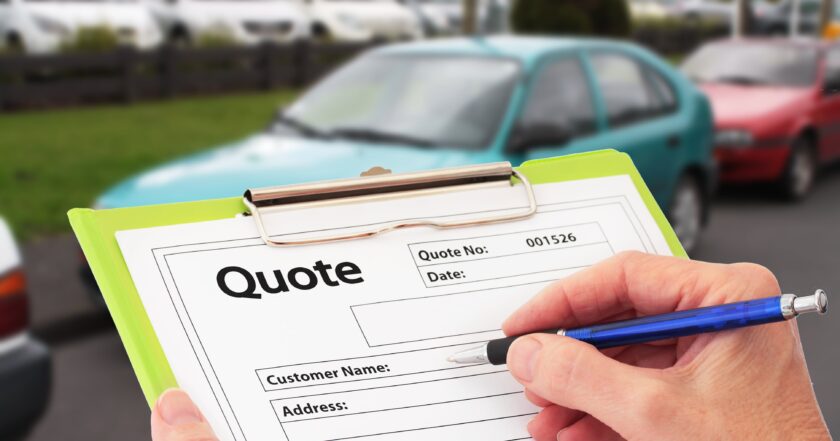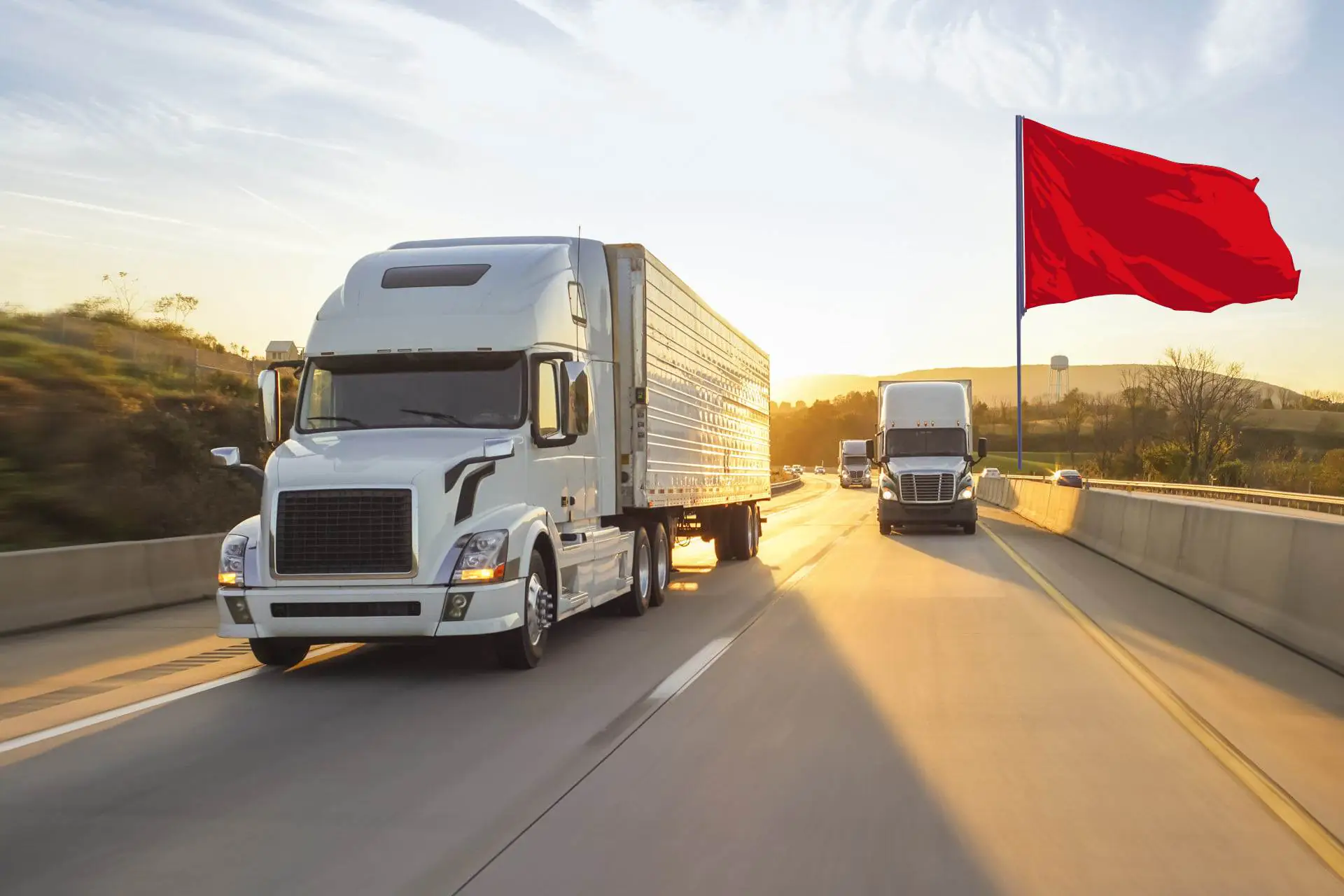When it comes to shipping your car, getting an accurate quote from an auto transport company is crucial to ensure you’re receiving the best value for your money. The cost of transporting a vehicle can vary significantly based on several factors, and understanding these can help you make informed decisions. This guide explores the key elements that influence accurate auto transport quotes, from distance and vehicle size to timing and transport type. By familiarizing yourself with these factors, you can navigate the car shipping process more effectively and secure the best possible deal.
Distance and Route
Distance: The primary factor in determining the shipping cost is the distance between the pickup and delivery locations. Generally, the further the distance, the higher the price.
Route: Popular routes between significant cities often cost less due to higher demand and efficiency. Less traveled or remote locations can lead to higher costs due to the additional logistics.
Vehicle Size and Weight
Size: Larger vehicles, such as SUVs, trucks, and vans, take up more space on the transport truck, leading to higher costs. Smaller cars generally cost less to ship.
Weight: Heavier vehicles can also cost more to transport due to weight limits and fuel efficiency.
Vehicle Condition
Operational Status: Non-running vehicles are more challenging to load and unload, requiring special equipment and handling. This often results in higher shipping costs.
Modifications: Customized or modified vehicles that require special handling or equipment can also lead to increased shipping costs.
Transport Type
Open vs. Enclosed Transport: Open transport is the most common and cost-effective method for shipping vehicles on an open carrier. Enclosed transport offers protection from weather and road debris but comes at a higher cost.
Season and Timing
Seasonality: The time of year can impact shipping costs. For example, demand often increases during the summer and snowbird seasons (fall and spring), leading to higher prices.
Timing: Expedited shipping requests, requiring quicker delivery, can significantly increase the cost. Planning and allowing flexible delivery times can help reduce expenses.
Pickup and Delivery Locations
Urban vs. Rural: Shipping to or from urban areas is generally less expensive due to easier access and higher demand. Rural areas may incur additional charges due to the complexity of reaching these locations.
Terminal-to-Terminal vs. Door-to-Door: Terminal-to-terminal shipping, where the vehicle is dropped off and picked up at designated terminals, is usually cheaper than door-to-door service, which offers more convenience but at a higher price.
Fuel Prices
Fluctuating Costs: Fuel prices directly affect the cost of transportation. As fuel prices rise, so do shipping costs, and vice versa.
Insurance and Liability
Coverage: The insurance coverage provided by the carrier can impact the cost. Higher coverage amounts may lead to higher shipping prices but offer greater peace of mind.
Additional Factors to Consider for Accurate Auto Transport Quotes
Carrier Reputation and Reliability
- Reputation: Established carriers with a proven track record may charge higher rates due to their reliability and quality of service. It’s worth paying a premium for a reputable company to ensure your vehicle is handled carefully.
- Reviews: Check customer reviews and ratings to gauge the carrier’s performance. Positive feedback and high ratings indicate trustworthy service.
Delivery Timeframe
- Standard vs. Expedited Shipping: Standard shipping offers a flexible delivery window, which can be more cost-effective. Expedited shipping guarantees faster delivery but at a higher cost. If timing is critical, expedited shipping might be necessary, but opting for standard shipping can save you money if you have flexibility.
Special Requirements
- Additional Services: Some shipments may require special services such as top-loading (placing the vehicle on the upper deck of a trailer to avoid road debris), climate control for sensitive vehicles, or handling for oversized or uniquely configured cars. These additional services can increase the overall cost.
Tips to Optimize Your Car Shipping Quote
- Plan Ahead: Book your shipping well in advance to avoid expedited fees and take advantage of lower prices.
- Flexible Dates: Being flexible with your pickup and delivery dates can help you secure a better rate. Transport companies may offer discounts for flexible scheduling.
- Choose Open Transport: Opt for open transport if your vehicle does not require the added protection of enclosed transport.
- Compare Quotes: Obtain quotes from reputable auto transport companies to ensure accurate auto transport quotes. Make sure to compare the services offered and not just the price.
- Check for Discounts: Some companies offer discounts for military personnel, students, seniors, or returning customers. Inquire about any available discounts to reduce your costs.
- Read the Fine Print: Understand the terms and conditions of the shipping contract. Pay attention to cancellation policies, deposit requirements, and any potential hidden fees.
Conclusion
By understanding these key factors, you can better navigate the real-time car shipping calculator and make informed decisions about your auto transport needs. Always consider the balance between cost, service, and convenience to find the best option for your specific situation.
The articles that might interest you
Enclosed auto transport is the best option for your precious car
Open car transport – your fastest & most economical choice






